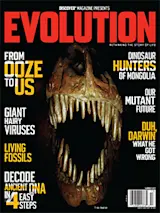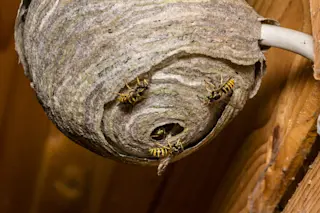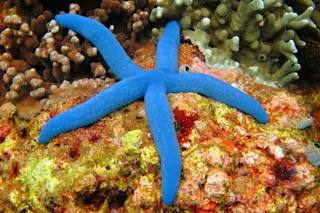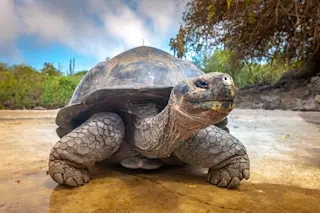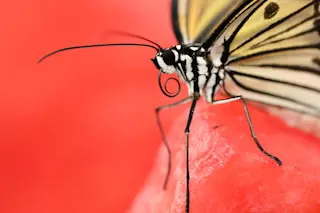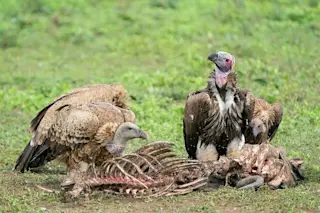This article is a small sample from DISCOVER's special issue on evolution.
Almost 2 billion years ago, evolution came down with a puzzling case of the blahs. For roughly an eon, life on Earth changed but little, dominated by hardy microbes in oceans starved of oxygen. The sheer monotony of the geologic record for this period inspired scientists to nickname it the Boring Billion. The moniker is unfair, says Andrew Knoll, professor of natural history and of Earth and planetary sciences at Harvard University.
During the Boring Billion, the planet’s oceans were light on oxygen and heavy on toxic hydrogen sulfide. What was life like under such harsh conditions?
Most of the biomass in the oceans would have been bacteria and archaea [another type of microbial organism that often inhabits extreme environments]. This was probably the golden age for bacteria that photosynthesize in the absence of oxygen, using hydrogen sulfide ...


